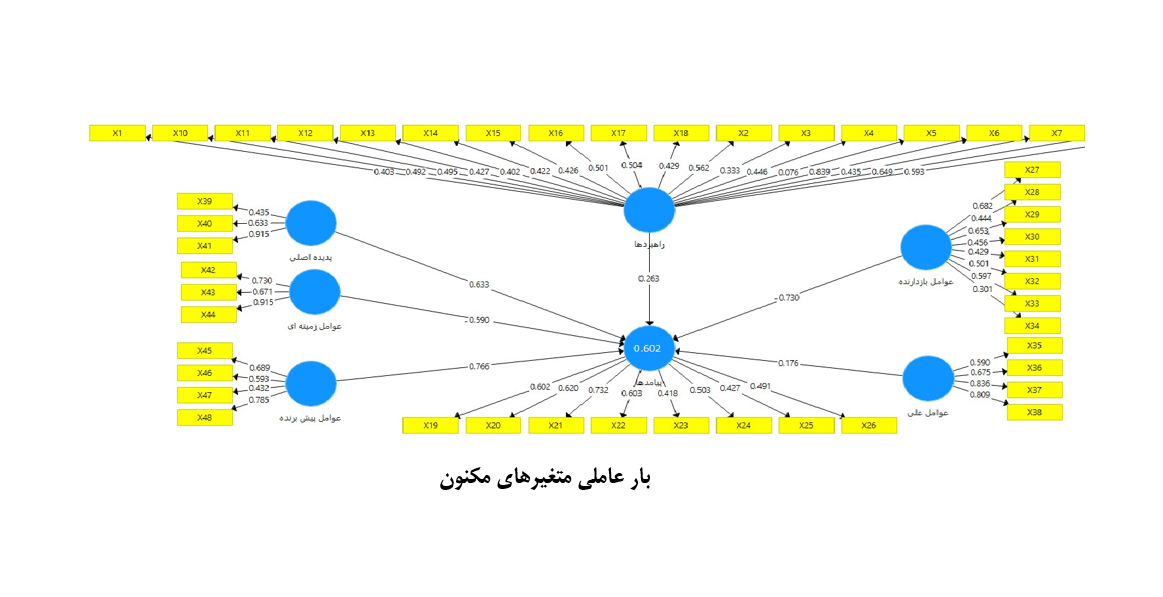Validation of the Curriculum Model for Moral and Social Education in Lower Secondary Schools of Hormozgan Province
Keywords:
Curriculum, Moral Education, Social Education, Grounded Theory, Structural Equation Modeling, Secondary Education, Hormozgan ProvinceAbstract
The present study aimed to design and validate a curriculum model for moral and social education in lower secondary schools of Hormozgan Province. This mixed-method research employed a qualitative phase based on grounded theory using semi-structured interviews with 30 experts and experienced teachers. The data were analyzed through open, axial, and selective coding. In the quantitative phase, a researcher-made questionnaire was administered to 317 participants including teachers, principals, and education experts. Data were analyzed using structural equation modeling (SEM) via SPSS and SMART PLS software. The results indicated that the proposed model has acceptable validity and reliability. Statistical indicators such as AVE, Cronbach’s alpha, composite reliability, HTMT, Q², f², and GOF were all within desirable ranges. Significant relationships were observed between model components (e.g., strategies, contextual factors, drivers, and inhibitors) and the outcomes of moral and social education. Given its alignment with the cultural and educational context of the region, the proposed model offers a practical, localized framework for designing curriculum in moral and social education and can serve as a strategic tool in educational policymaking.
Downloads

Downloads
Published
Submitted
Revised
Accepted
Issue
Section
License
Copyright (c) 2025 Mohammad Almasi (Author); Mahnoosh Abedini (Corresponding author); Mohamadnoor Rahmani (Author)

This work is licensed under a Creative Commons Attribution-NonCommercial 4.0 International License.










